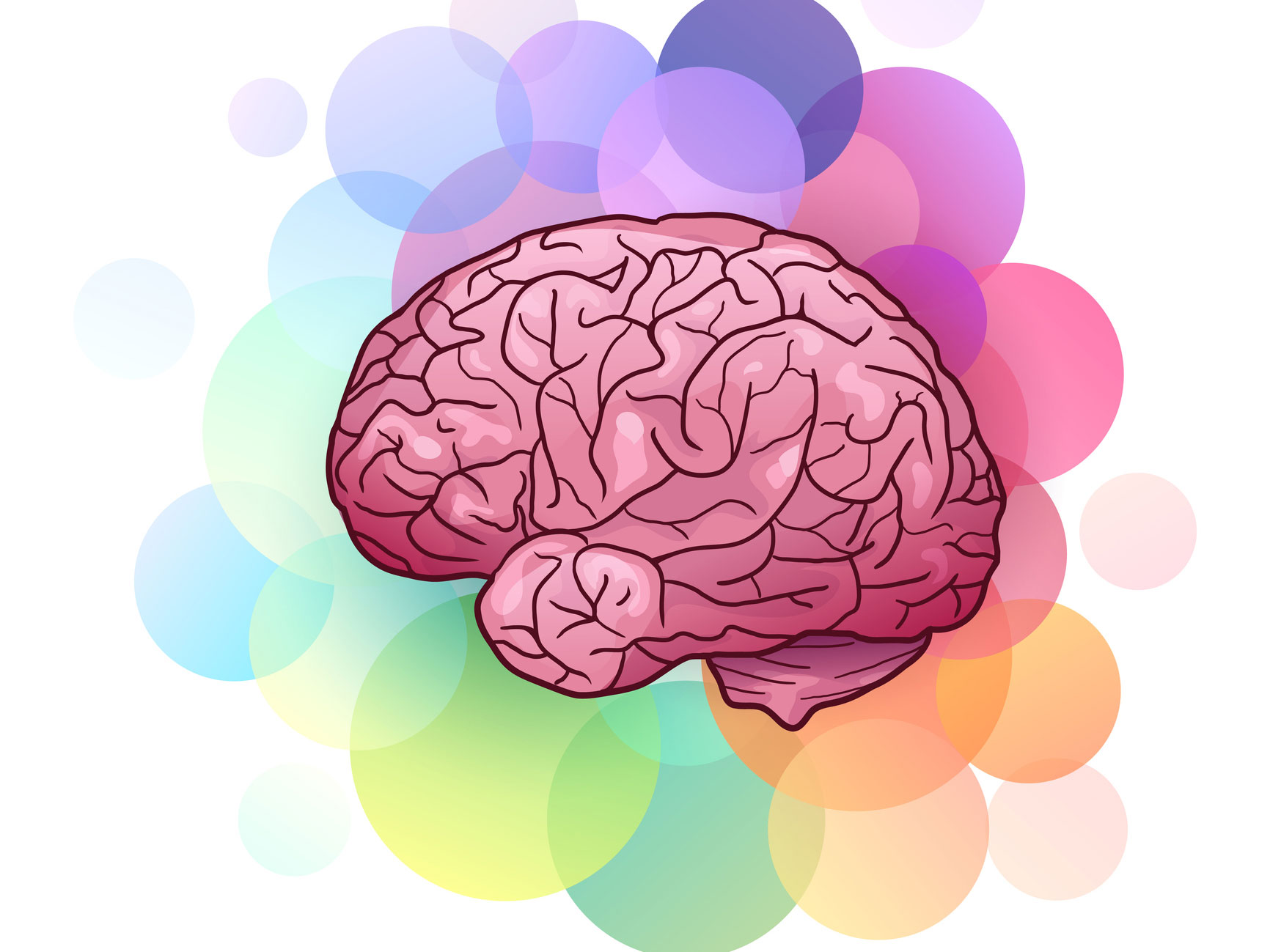Get Easy Health Digest™ in your inbox and don’t miss a thing when you subscribe today. Plus, get the free bonus report, Mother Nature’s Tips, Tricks and Remedies for Cholesterol, Blood Pressure & Blood Sugar as my way of saying welcome to the community!
Pink noise puts your sleep and your brain in the pink

As I’ve traveled through the first few years of my sixties, I’m finding that my memory isn’t quite what it used to be. I’m told that’s not an unusual experience.
I also know there are things I can do to preserve those brain cells as I age. I’ve recently switched over to the MIND diet, eating more of the foods that are good for my brain and eliminating those that do it no good.
Sleep is the other thing that I know will help keep my memory sharp and my thinking intact as I get older. But not just any kind of sleep.
In order to build and retain memories, we need to get enough deep sleep, known as REM (rapid eye movement) sleep.
So, just staying in bed with your eyes closed, even for seven or eight hours, is not necessarily going to do the trick when it comes to keeping your brain healthy and your cognitive abilities strong into your later years.
Sleep scientists are studying a simple process that could potentially work as a non-pharmaceutical, simple and effective sleep aid that will allow older adults, and others, to reliably achieve that deep sleep.
Why is sleep more elusive as we age?
With age come definite changes in sleep patterns, what sleep specialists call “sleep architecture.”
Physical changes in the brain also affect sleep as we age.
The frontal cortex is the part of the brain that generates those slow brain waves that allow for deep sleep. This area shrinks with age. As a result, it takes longer to fall asleep, and that sleep is more fragmented (you may wake up more during the night).
Age-related changes in circadian rhythm also play a part in memory issues.
Older people tend to become sleepy earlier in the evening and wake earlier in the morning. This is not necessarily a problem if you are getting seven to eight hours of restful sleep. But it can put you in need of a nap by the afternoon, which makes falling asleep at night that much more difficult.
Why deep sleep is important to memory
Memories are made during deep sleep. Our brains “rehearse” information and images during that time, turning them into memories we can call on during waking hours.
Without enough deep sleep, the brain cannot store what it’s learned, including what’s known as procedural memories.
Procedural memory is different from remembering, say, what the capital of France is. It allows you to remember how to do tasks and affects the ability to make decisions and to deal with new situations by using what you already know.
How pink noise can help improve memory
What is pink noise? Think babbling brooks, ocean waves, and rain on leaves. It’s sounds of nature that can help you fall asleep even more easily than the white noise of a fan or other mechanical device.
In a Northwestern University study, subjects saw a significant increase in the amount of deep sleep they achieved after exposure to pink noise.
Their performance on tests of recall also improved – three times as much, in fact, as did that of people who had not fallen asleep to pink noise.
Giovanni Santostasi, a coauthor of the study, developed an algorithm that reads a person’s brain waves in real-time, delivering the pink noise sounds at an optimal time for each individual.
With more trials, the researchers hope to offer this method for use at home.
“This is an innovative, simple and safe non-medication approach that may help improve brain health,” said Dr. Phyllis Zee, professor of neurology at Northwestern University Feinberg School of Medicine and a Northwestern Medicine sleep specialist.
In a separate study, Northwestern sleep specialists have already seen memory improvement in subjects who suffer from mild cognitive impairment.
The study was small (only nine subjects), but, according to Dr. Roneil Malkani, a Northwestern sleep medicine physician, “these results suggest that improving sleep is a promising novel approach to stave off dementia.”
Orchestrating pink noise
It’s easy to orchestrate some pink noise at bedtime. If you use a smartphone, you could download a pink noise app. just be sure your phone is kept several feet away from you during the night and the screen is off, so the blue light doesn’t keep you awake.
There are also websites that stream pink noise and CDs available, too. You may want to try different sources to find what works best.
Just remember, you want to listen to natural soothing sounds, but if you can’t find a source you like, your ceiling fan can help you get the sleep you and your brain need. That whirling sound it makes is considered pink noise.
Editor’s note: While you’re doing all the right things to protect your brain as you age, make sure you don’t make the mistake 38 million Americans do every day — by taking a drug that robs them of an essential brain nutrient! Click here to discover the truth about the Cholesterol Super-Brain!
Sources:
- Pink noise boosts deep sleep in mild cognitive impairment patients — Neuroscience News
- Sound waves enhance deep sleep and memory — Northwestern Now
- Pink noise boosts deep sleep mild cognitive impairment patients — Northwestern Now
- Aging & Sleep Information — National Sleep Foundation
- Sleep, Learning, and Memory — Healthy Sleep














